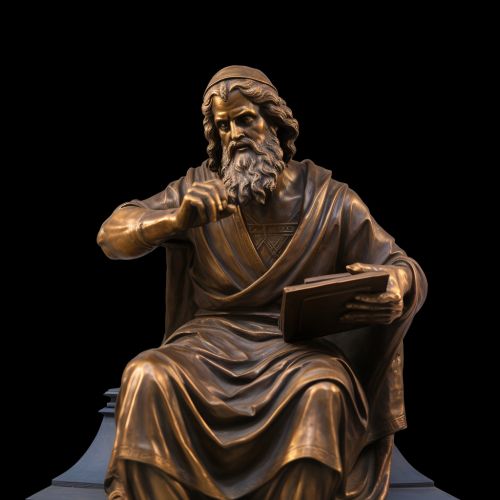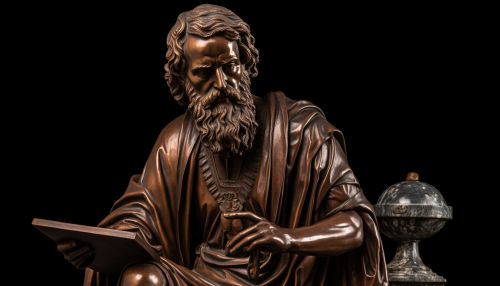Archimedes
Early Life and Education
Archimedes was born in the city of Syracuse, a Greek colony on the island of Sicily, around 287 BC. His father, Phidias, was an astronomer, which suggests that Archimedes was introduced to mathematics and the sciences at an early age. There are few details about his early life and education, but it is believed that he may have studied in Alexandria, Egypt, under the successors of Euclid, the famous mathematician.


Mathematical Discoveries
Archimedes made numerous contributions to the field of mathematics. He is perhaps best known for his work on the measurement of geometric figures and the calculation of their volumes and areas. Archimedes developed a method for determining the volume of irregularly shaped objects, a principle now known as the Archimedes' Principle. He also made significant contributions to the understanding of infinitesimals, laying the groundwork for the development of calculus centuries later.
Inventions and Discoveries in Physics
In addition to his mathematical work, Archimedes made significant contributions to the field of physics. He is credited with the invention of the Archimedes' Screw, a device used for raising water. He also developed the principles of leverage and buoyancy, and is known for his work on the center of gravity of plane figures.
Role in the Defense of Syracuse
During the Second Punic War, Archimedes played a crucial role in the defense of Syracuse against the Roman invasion led by Marcus Claudius Marcellus. He is said to have invented a number of war machines, including a heat ray and a giant claw, that were used to defend the city.
Death and Legacy
Archimedes died during the Roman siege of Syracuse in 212 BC. Despite his death, his mathematical and scientific discoveries have had a lasting impact, and he is regarded as one of the greatest mathematicians of all time.
